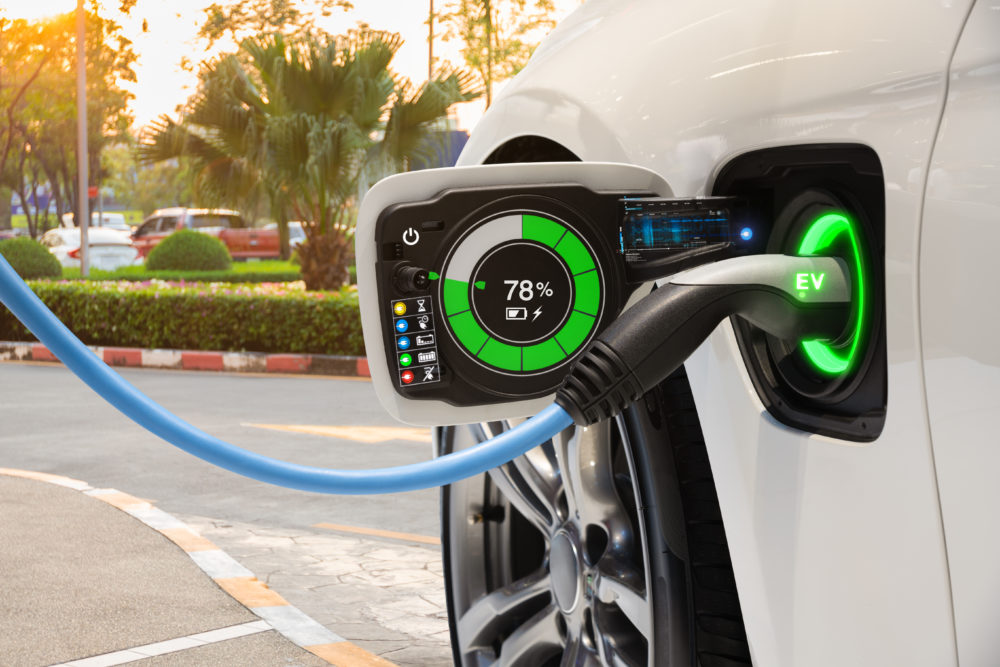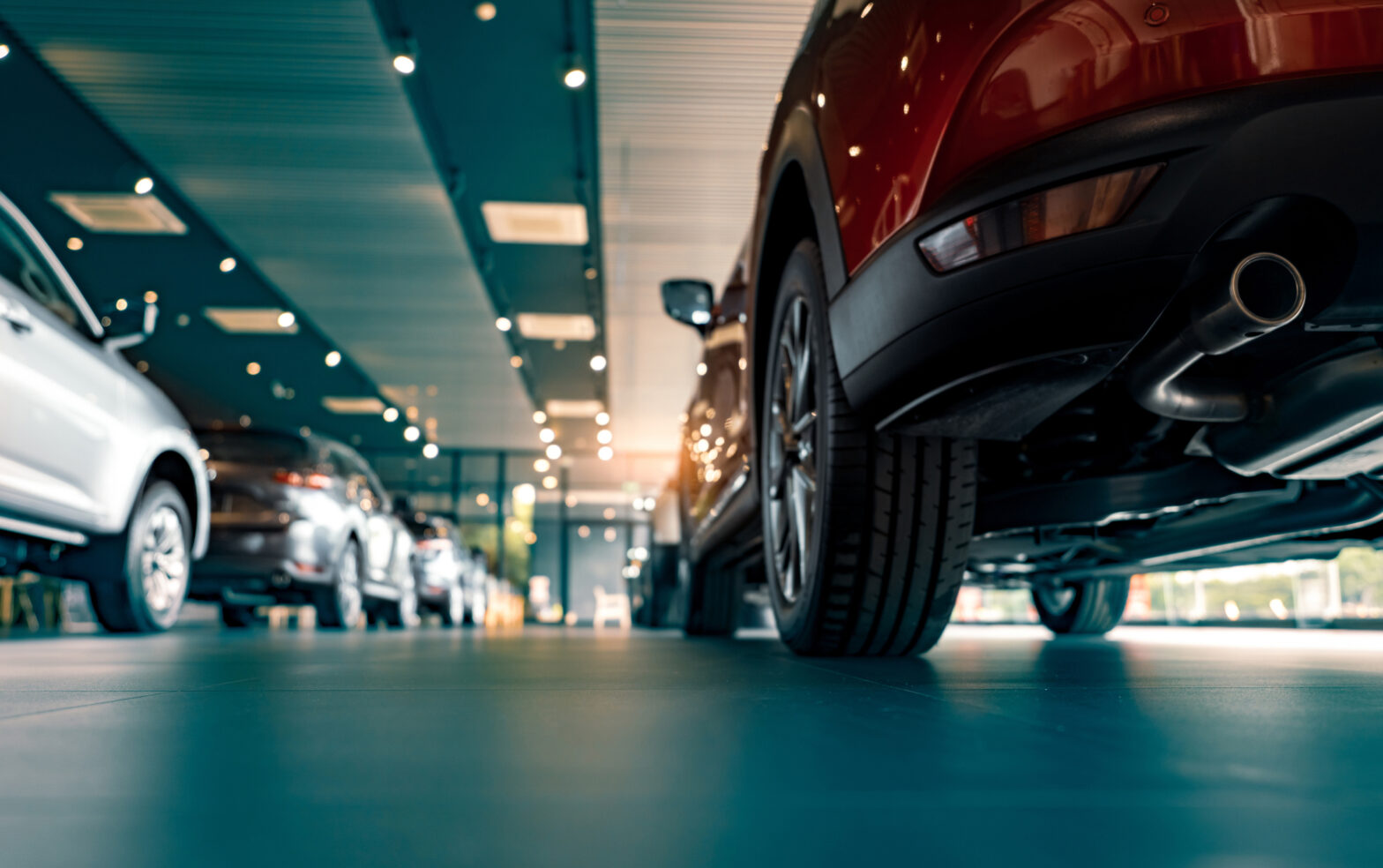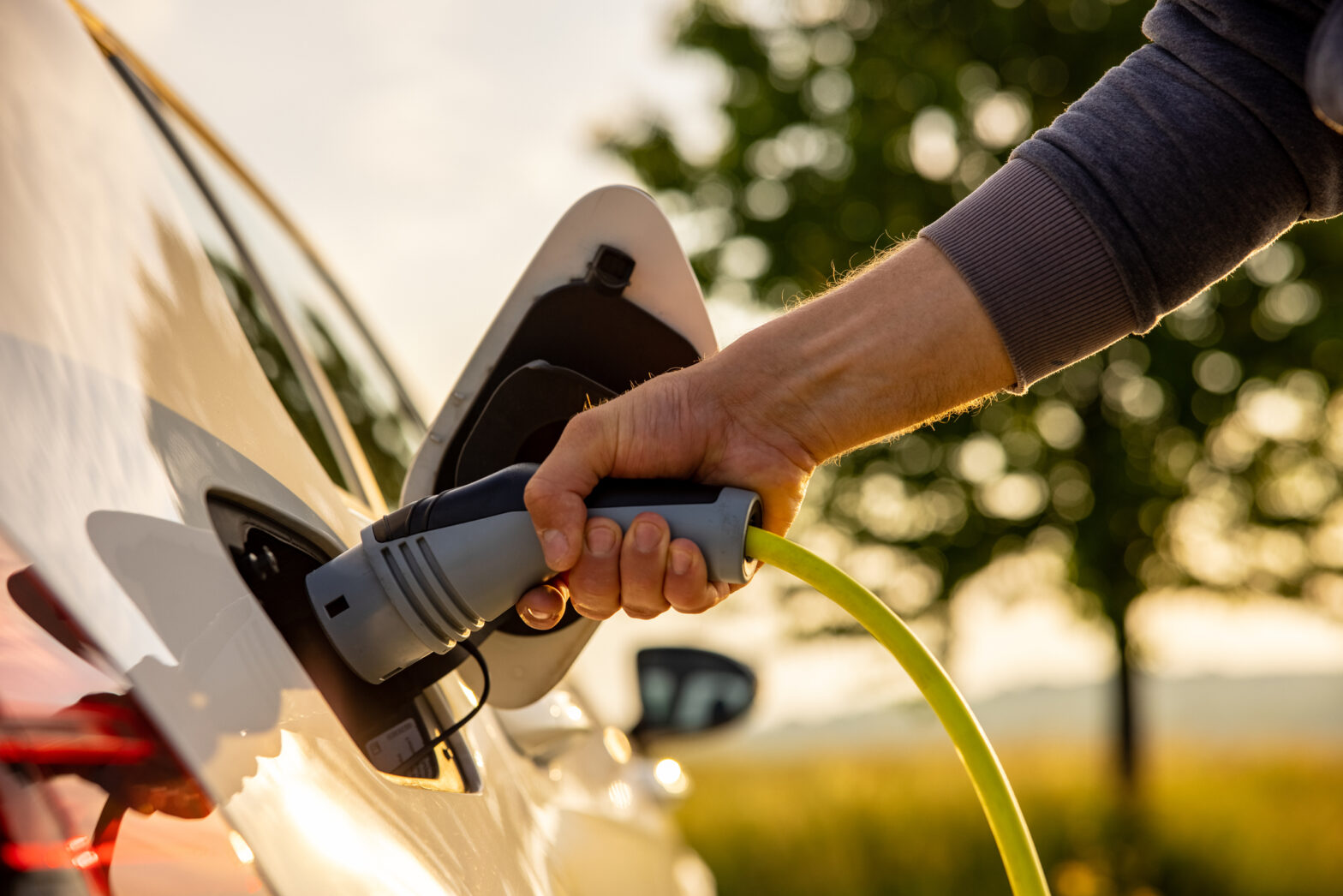Many self-employed people couldn’t operate their business if they didn’t have a vehicle. Some sole traders use their own car, van or motorbike, for which they can choose to calculate and claim actual expenses or use simplified expenses and claim mileage expenses.
However, if your own car isn’t suitable for business, you may need to buy or lease a company car, van or motorbike or even buy or lease another vehicle to keep pace with your business’ growth. Here are some considerations before deciding.
Can you claim on your car if you’re self-employed?
If you use traditional accounting – where you record income and expenses by the date you invoiced or were billed – and buy a car for your business, you can claim this as a capital allowance, so you can deduct some of the value from your profits before you pay tax.
The CO2 emissions of the car and the date you bought it determine how much capital allowance you can claim and the gov.uk website sets out what you can claim for different types of cars.
If you’re a sole trader or ordinary partner and use the car for business and personal reasons, you’ll also need to calculate your claim based on the proportion of business use versus what you use the car for personally.
If you use cash-basis accounting so you record income and expenses by the date you were paid or paid expenses and buy a car for your business, you can only claim this as a capital allowance if you’re not using simplified expenses with the mileage allowance.
For capital allowance purposes, HMRC classes a car as a vehicle that’s suitable for private use or that most people use privately, one that was not built for transporting goods. A motorhome is classed as a car for capital allowance purposes.
>See also: Buying a car through your business
How do I claim capital allowances?
Sole traders claim for capital allowances via their Self Assessment tax return (SA100). As explained on government website gov.uk: “You must claim in the accounting period you bought the [car] if you want to claim the full value under first year allowances. These enable you to claim for up to 100 per cent of the cost of certain qualifying items against your business profits in the year of purchase.
“If you do not want to claim the full value, you can claim part of it using writing down allowances. You can do this at any time if you still own the vehicle.”
You cannot claim annual investment allowance (AIA) on cars; claim writing down allowances instead. Writing down allowances enable you to deduct a percentage of the value of an item from your profits each year. For business cars, the rate depends on their CO2 emissions.
Buying other types of vehicle
For all other types of vehicle purchases, including vans, you claim an allowable expense which HMRC allows you to deduct from your earnings via Self Assessment with other expenses to arrive at your taxable profit.
And because they’re not cars, you can claim AIA on motorbikes, lorries, vans and trucks. You can deduct the full value of a non-car vehicle from your profits before tax. If you sell the motorbike, lorry, van or truck after claiming AIA, you may need to pay tax.
Is leasing a car or van an option?
Leasing or hiring a car is tax deductible, but CO2 emissions should be considered when choosing a vehicle to lease. As explained by HMRC: “In some cases, if you lease or hire a car you cannot claim all the hire charges or rental payments. For example, if you leased a car on or after April 6, 2020 and the CO2 emissions are more than 110g/km, you must disallow 15 per cent of the hire charge or rental cost.”
When speaking to car dealers or vehicle leasing companies, ask them about the tax implications of the vehicle’s CO2 emissions. If you use a leased or hire vehicle for personal use, you cannot claim this proportion as an allowable expense.
Once you return your lease car, additional mileage and wear-and-tear costs are either wholly or partly tax deductible, dependent on whether you use the lease car wholly or partly for business.
>See also: 8 of the best electric cars for small business leasing
Can I claim for my car as a limited company?
The same rules apply if buying cars via a limited company, however, the employee that uses the car will then have a benefit in kind so will have to pay extra tax. The benefit in kind is calculated based on the RRP of the car and the CO2 emissions.
What’s right for you will depend on your business and its specific needs, but there are plenty of options available to help you drive future success. The key is careful planning and making sure that you account for expenses accurately and are able to claim back any tax.
Mike Parkes is technical director at GoSimpleTax




